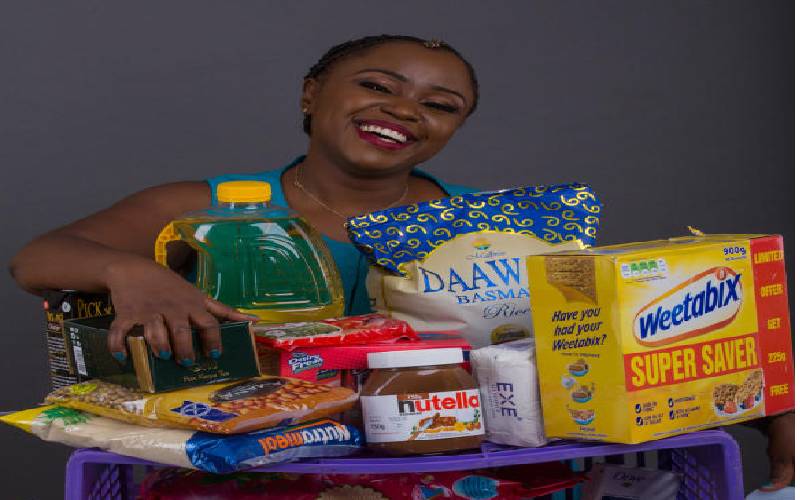×
The Standard e-Paper
Stay Informed, Even Offline

“My deepest desire is for women to aspire to run big businesses. We don’t have to be confined to running businesses from our houses,” starts Rita Oyier, the founder of Heri Online. “We need to dream big if we’re ever going to be taken seriously in the spaces that matter.”
Heri Online is a shopping platform targeted towards women, especially mothers who don’t have time to walk into a supermarket for monthly shopping.